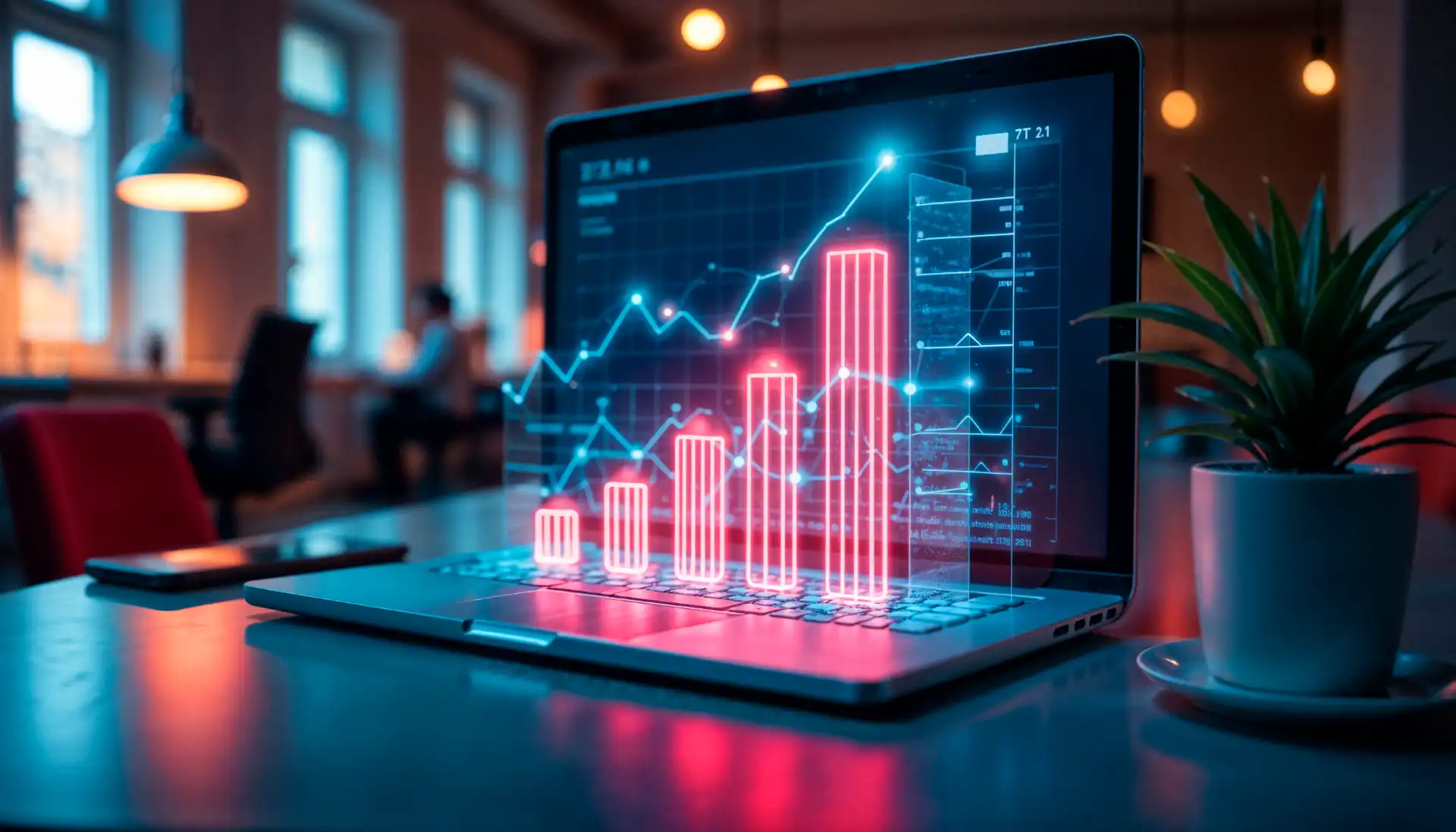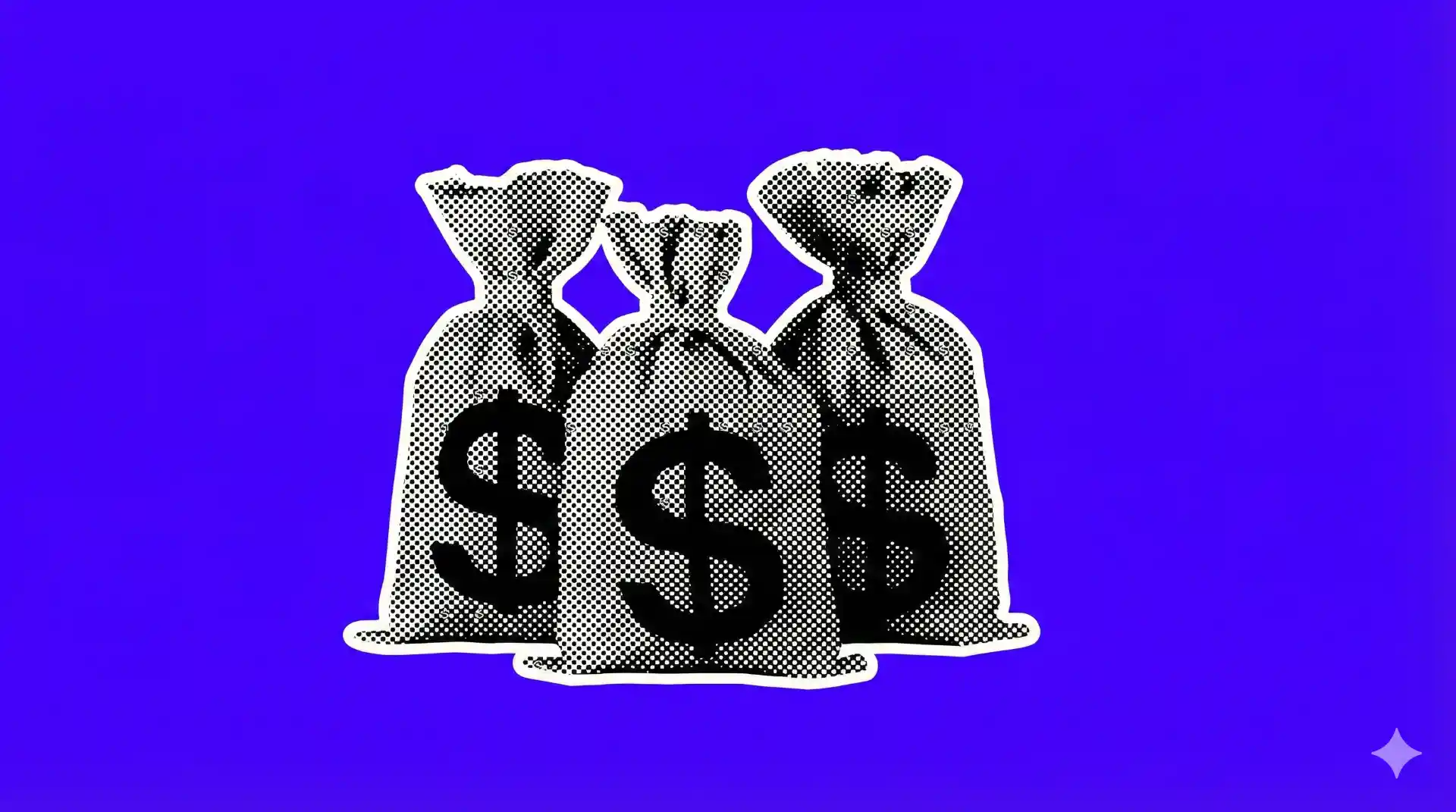What are the companies that grow the most with AI doing?

Artificial intelligence is no longer a futuristic bet. According to data from McKinsey Global Survey 2025, 72% of global companies have already incorporated AI in at least one critical area of operation. Organizations that use AI at scale report increases of up to 25% in productivity and significant reductions in operational costs. However, these same companies also face a new kind of challenge: aligning innovation with increasingly demanding regulatory rules.
What separates market leaders from those who are just experimenting with AI is a clear strategy: grow without violating ethical or legal boundaries.
In Europe, or AI Actentered into force in August 2024. This is the first global legislation that classifies AI systems by level of risk (unacceptable, high, limited and minimal). Solutions used in candidate screening, credit management or predictive analytics in health, for example, require registrations, conformity assessments, transparency measures and human supervision. Non-compliance entails high fines and market restriction.
Nous United States, the scenario is more fragmented, but equally active. The project SB 1047 of Californiais an example of how state governments are taking the lead. The proposal requires developers of “frontier” AI models to implement emergency disconnection mechanisms, conduct impact audits and protect whistleblowers. In addition, the federal government has already initiated measures to export control of AI models, looking at strategic competition with China.
A Çîn, in turn, has implemented a regulation plan since 2017, highlighting the specific generative AI standards in force since August 2023. With strong centralization, the country requires that all models go through algorithmic censorship and prior validation.
In the meantime, the International Convention on AI, approved by Council of Europe 2024, seeks to establish minimum principles of governance, such as transparency, traceability, accountability and algorithmic bias mitigation. O G7has also adopted voluntary guidelines for network teaming, risk mitigation and protection of fundamental rights.
The turning point for companies that scale with AI is not just in technology, but in governance by design. And it is here that solutions such as Vennxstand out. O VX, for example, offers instant risk benchmarking based on more than 5,600 companies. A SoD Discoverystructure segregation matrices of functions in a few days, and the Oracleautomates access monitoring and correction, based on AI and predictive reading.
These tools have been designed to operate within current and future regulatory requirements. They combine automation with professional supervision, data intelligence with responsibility.
Companies that grow the most with AI are understanding that scaling It's not just about implementing technology. It is to create a governance structure that allows daring without exceeding the limits.
The future of AI has arrived. Talk to a Vennx expert.
Posts Relacionados
Informação de valor para construir o seu negócio.
Leia as últimas notícias em nosso blog.


Da reação à predição: a evolução inevitável do enterprise risk management
ERM reativo está morto. Descubra como IA, continuous monitoring e predictive analytics transformam GRC.





